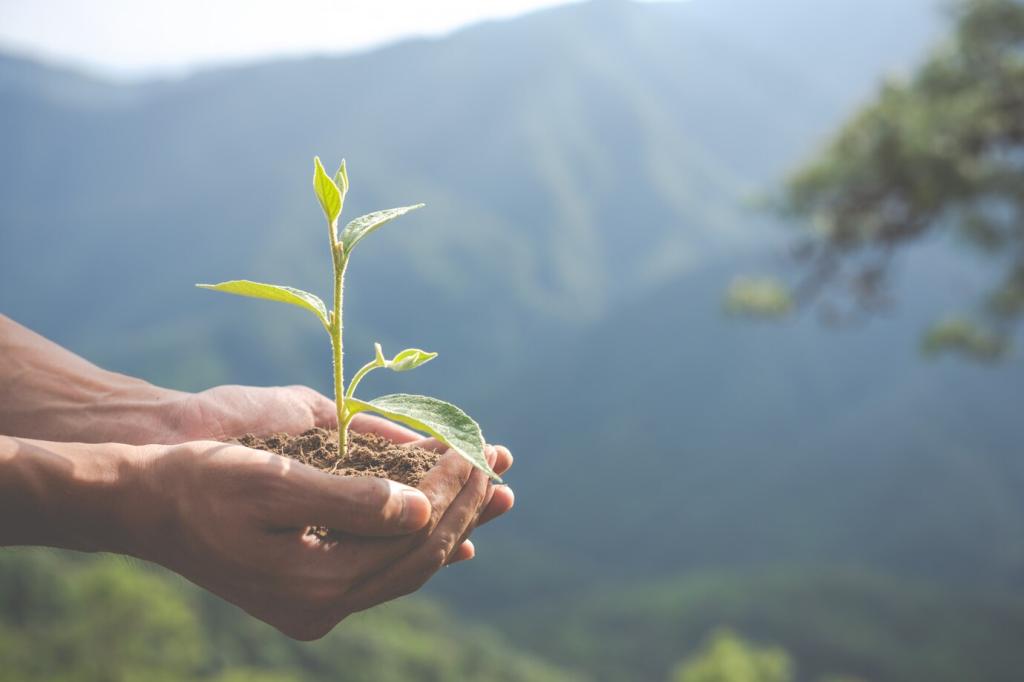Technological Advances in Sustainable Farming Practices
The future of agriculture depends on our ability to adopt innovative technologies that protect the environment while improving food production. Technological advances in sustainable farming practices are transforming traditional agriculture, enabling farmers to increase yields, minimize resource use, and reduce negative impacts on ecosystems. This page explores how modern solutions, intelligent systems, and scientific discoveries are revolutionizing the agricultural landscape to ensure healthier soils, cleaner water, and a more sustainable food supply for generations to come.
Remote sensing uses satellite imagery, aerial drones, and ground-based sensors to collect continuous data on soil moisture, plant health, and environmental conditions. This information empowers farmers to assess crop performance, identify issues like pest infestations or nutrient deficiencies early on, and take swift targeted action. By leveraging these technologies, farmers can minimize losses and optimize the timing and application of resources, leading to more sustainable production practices. The ability to monitor large fields efficiently means problems can be addressed before they escalate, ultimately supporting both productivity and environmental conservation.

Sustainable Water Management
Drip Irrigation Systems
Drip irrigation delivers water directly to plant roots through a network of tubes, emitters, and valves, drastically reducing evaporation and runoff compared to traditional flood irrigation. Modern drip systems are highly customizable and can be automated to supply precise amounts of water based on plant requirements and soil moisture data. By minimizing waste, these systems provide a way to grow crops with less water while maintaining or even improving yields. Widespread adoption of drip irrigation is one of the most effective steps towards sustainable water use in agriculture, especially in arid and drought-prone regions.
Automated Soil Moisture Sensors
Automated soil moisture sensors are transforming irrigation practices by providing farmers with real-time feedback on soil conditions. These sensors are placed at various depths in fields and continuously transmit information on soil water content to farm management systems. This data allows for precise scheduling and adjustment of irrigation events, ensuring crops receive just the amount of water they need. By preventing overwatering and reducing unnecessary water use, soil moisture monitoring supports resource conservation and reduces the risk of nutrient leaching into groundwater.
Rainwater Harvesting and Recycling Technologies
Rainwater harvesting and recycling technologies are gaining momentum as farmers seek to reduce dependence on external water sources. Innovative systems capture rainwater from rooftops, greenhouses, and fields, storing it for use during dry periods. Combined with technologies for treating and reusing farm wastewater, these systems create a closed-loop water cycle that maximizes resource efficiency. By supplementing traditional irrigation methods, harvesting and recycling solutions help stabilize water supplies, lower costs, and build resilience against the unpredictability of weather patterns.

Biological Innovations and Synthetic Biology
Microbial biofertilizers use beneficial bacteria and fungi to enhance nutrient availability in soil, improving plant growth naturally. Unlike synthetic fertilizers, these biological products work in harmony with the soil ecosystem, breaking down organic matter and fixing atmospheric nitrogen. The result is a healthier soil microbiome, increased crop yields, and reduced need for commercial fertilizers. Farmers adopting biofertilizers often see improvements in soil structure, moisture retention, and resilience to stress, highlighting the potential of living solutions in sustainable agriculture.
